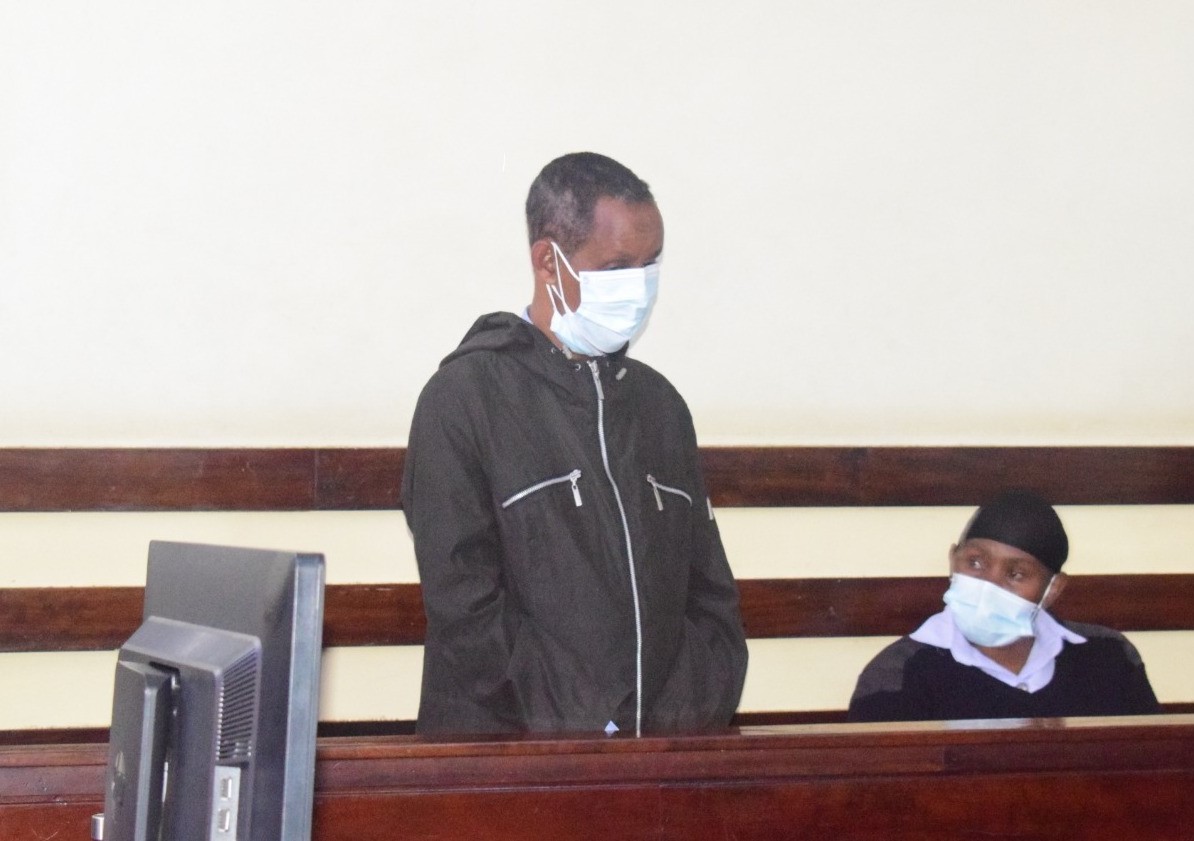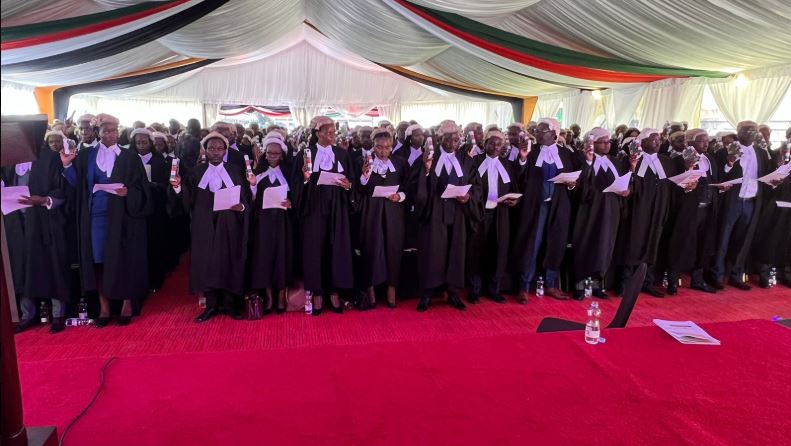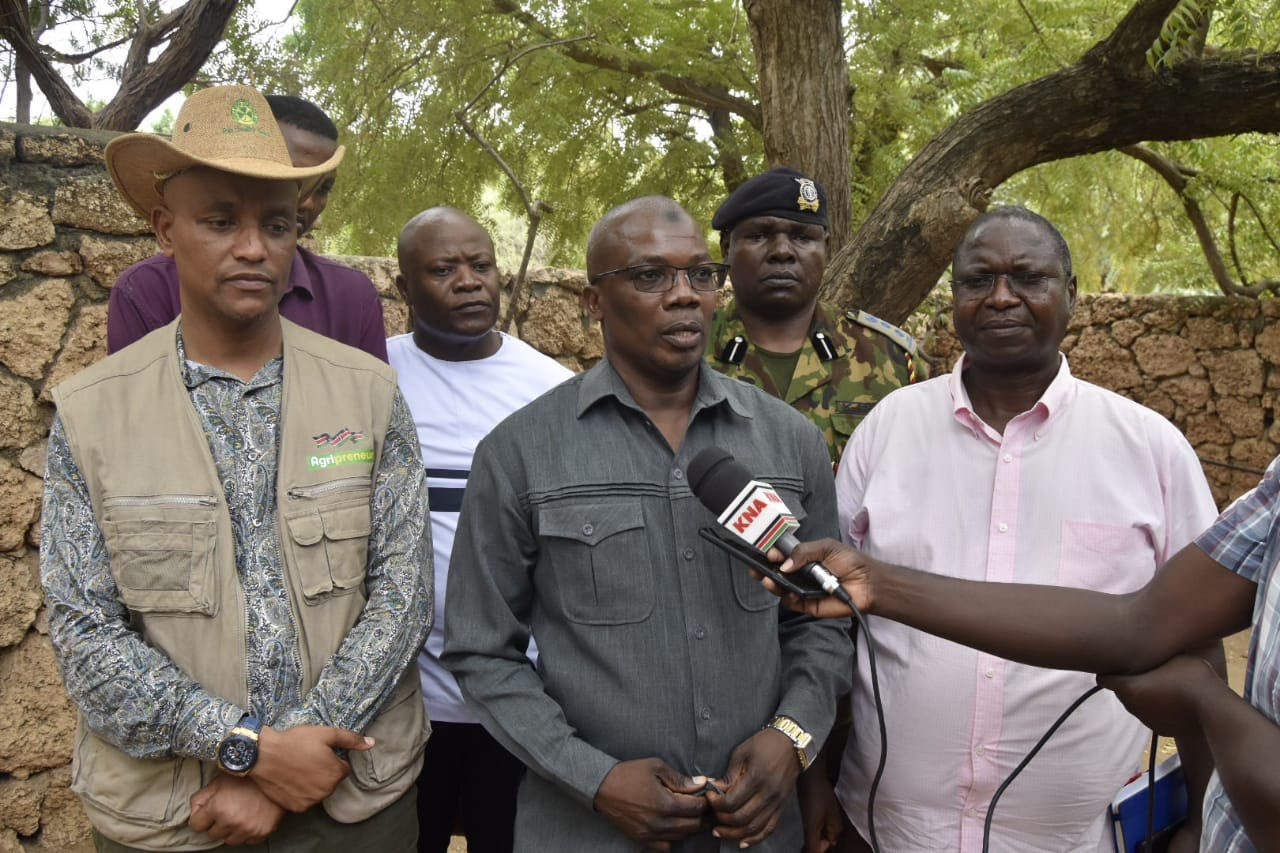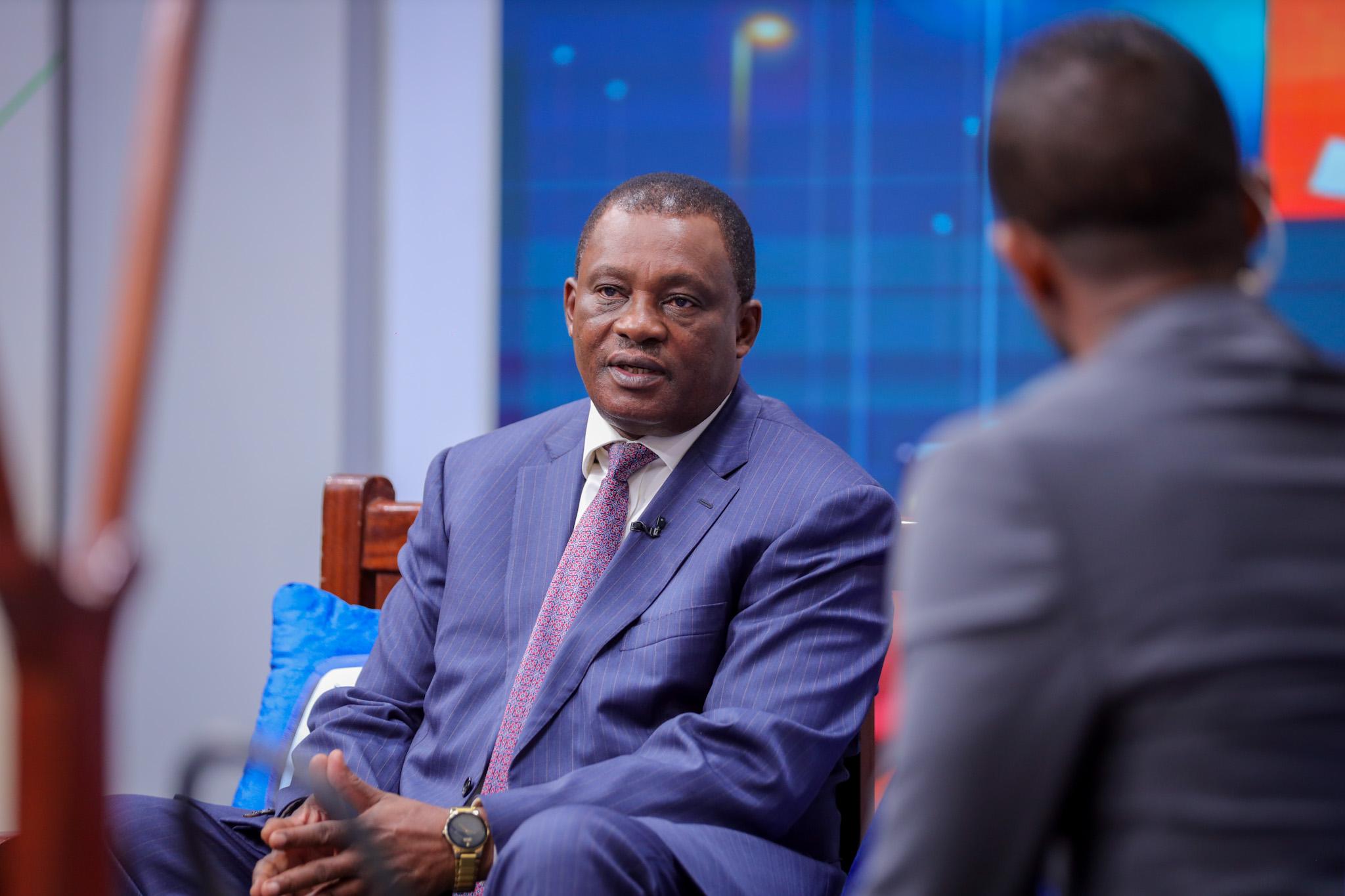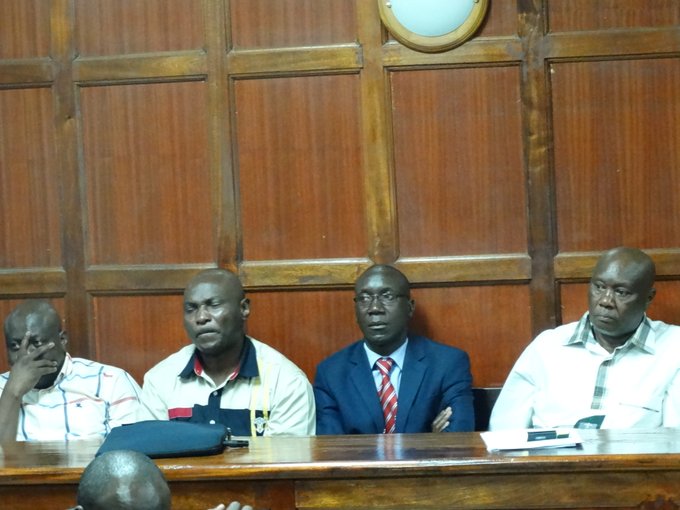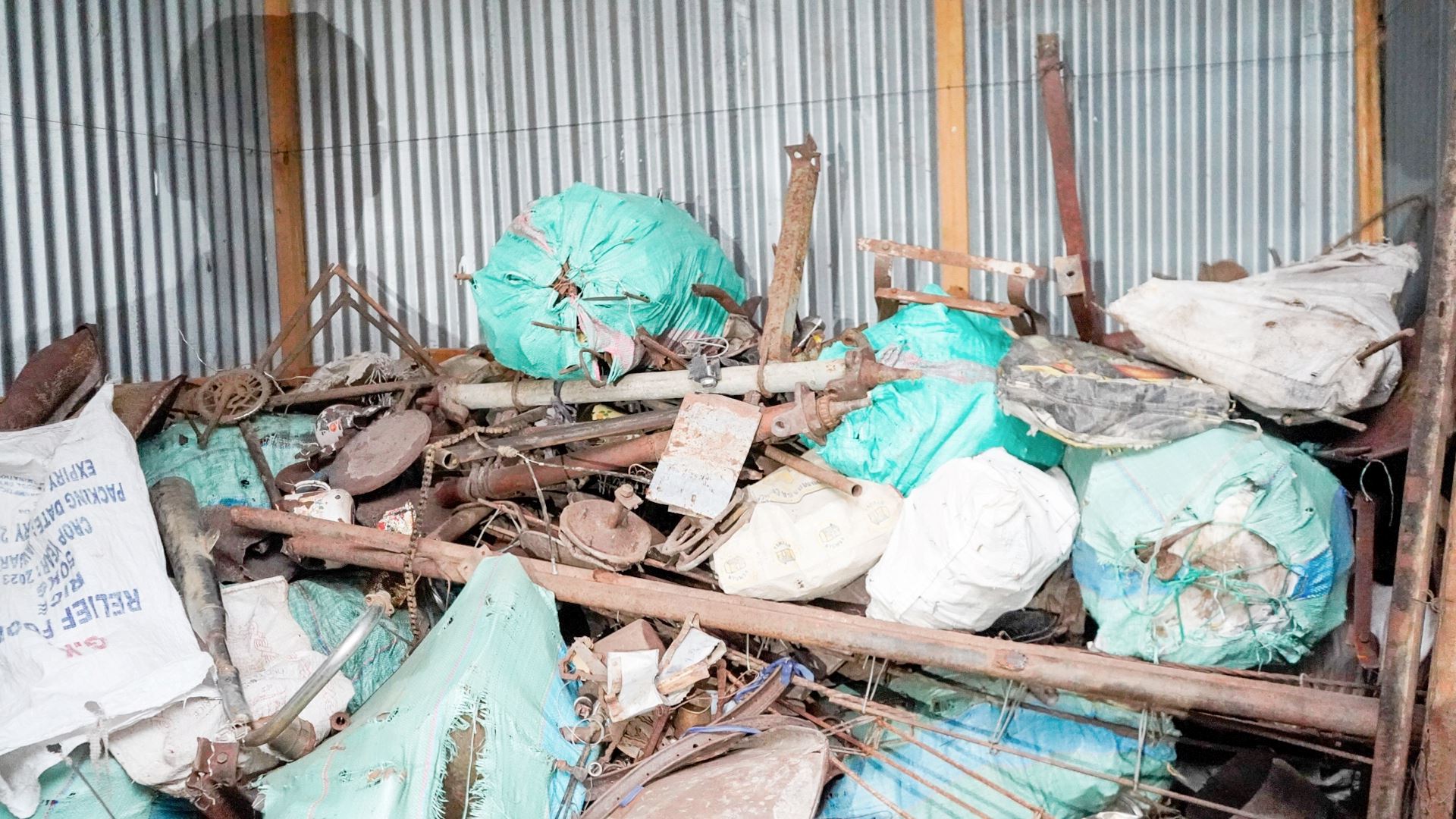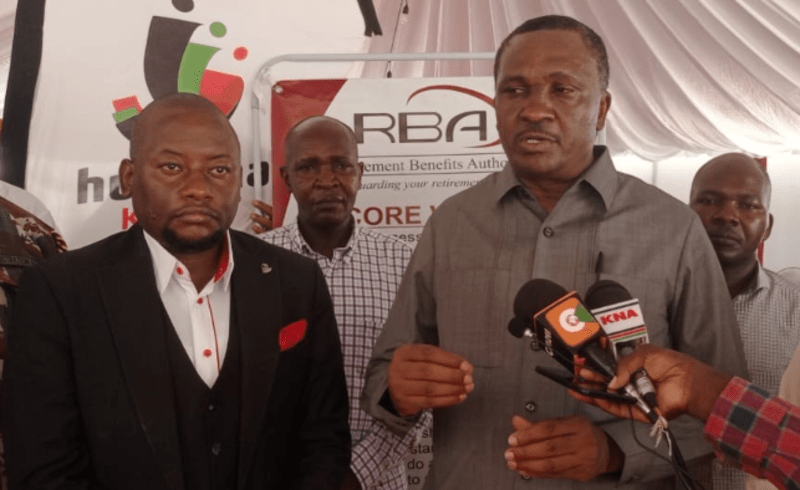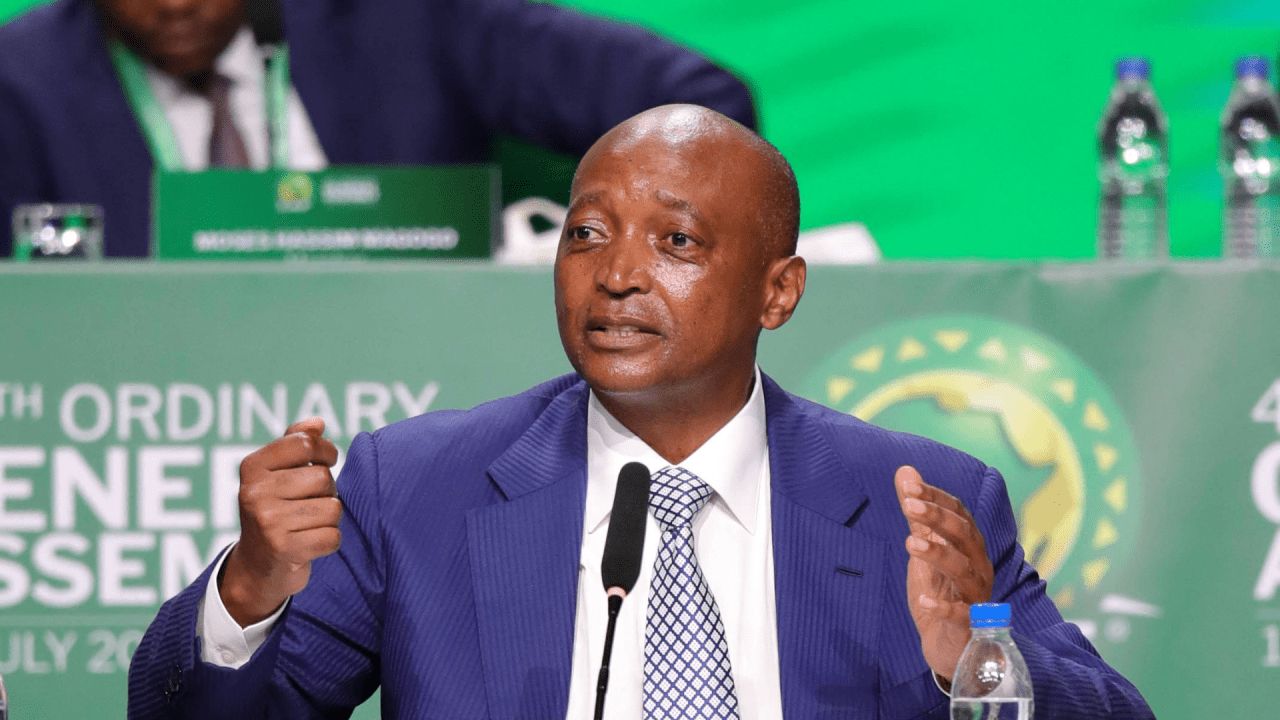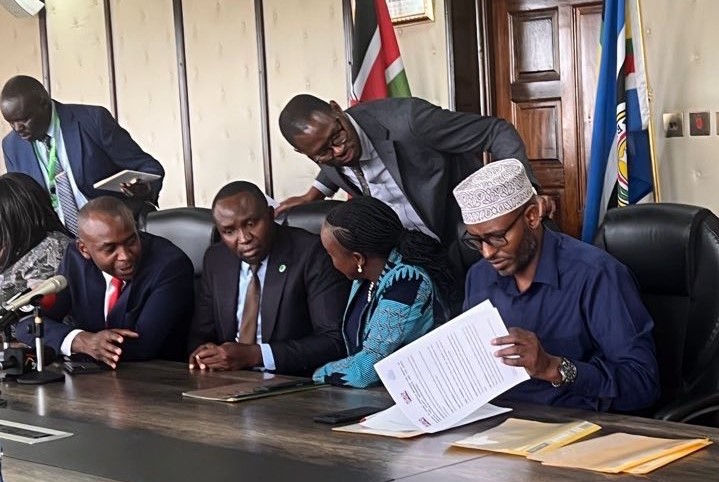Treasury proposes automated fuel tracking for govt vehicles in cost-reduction plan

Mbadi explained that each vehicle will refuel using a chip-enabled key tied to the vehicle’s identification number and the user’s personal identification number.
The National Treasury has proposed new changes for government-owned vehicles, requiring them to refuel only with automated card systems and digital trackers.
According to Treasury Cabinet Secretary John Mbadi, the initiative aims to reduce operational costs by centralising fuel management and accurately tracking consumption to curb wastage.
More To Read
- Special police unit set up to investigate rising cases of femicide, gender-based crimes
- Police headquarters operated without title deed for over 60 years, MPs told
- National Treasury injects Sh6.3 billion into Haiti mission, DCI upgrades
- Rights groups say proposed law to regulate demos could be used against peaceful protesters
Mbadi said the computerised fuel card system will enable the government to access real-time data on fuel usage.
“By tracking and monitoring consumption using a computerised fuel card system, the government can have accurate and up-to-date data,” reads the government Transport Policy, 2024, drafted by the CS.
He explained that each vehicle will refuel using a chip-enabled key tied to the vehicle’s identification number and the user’s personal identification number.
He noted that the system would permit fuel dispensing based on either a fixed quota per key or an unlimited fuel quota, depending on vehicle needs.
Additionally, administrative keys assigned to designated drivers and supervisors would act as master keys, enabling them to override fuel limits across vehicles when necessary.
The Treasury clarified that the chips embedded in the keys would track each vehicle’s refuelling schedule and fuel volume.
“As information about fuel dispensing accumulates in the pumping station computer, a central server calls the computers multiple times each day and collects all accumulated information,” Mbadi said, explaining that this data would include refuelling date and time, fuel type, litres dispensed, odometer readings, fuel efficiency, and overall fuel cost.
He emphasised that the information collected will allow the Treasury to compare actual fuel consumption with budgeted targets, supporting better financial planning.
The government has already begun testing automated vehicle location, fuel logging, and tracking with agencies like the National Police Service.
Under the proposal, the government also plans to restrict business class flights to senior officials in job group R and above.
The policy outlines new travel guidelines, stating that all other government employees will be required to fly economy class on both domestic and international trips.
Top Stories Today
